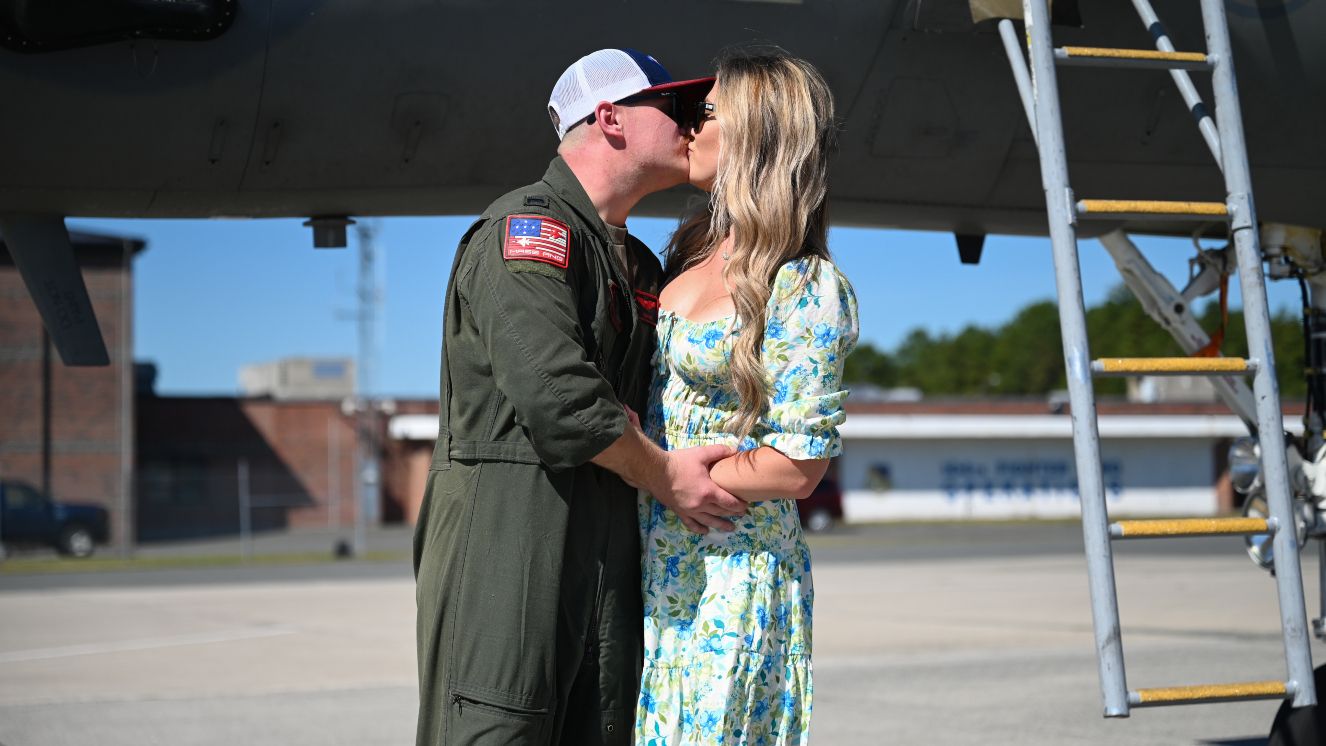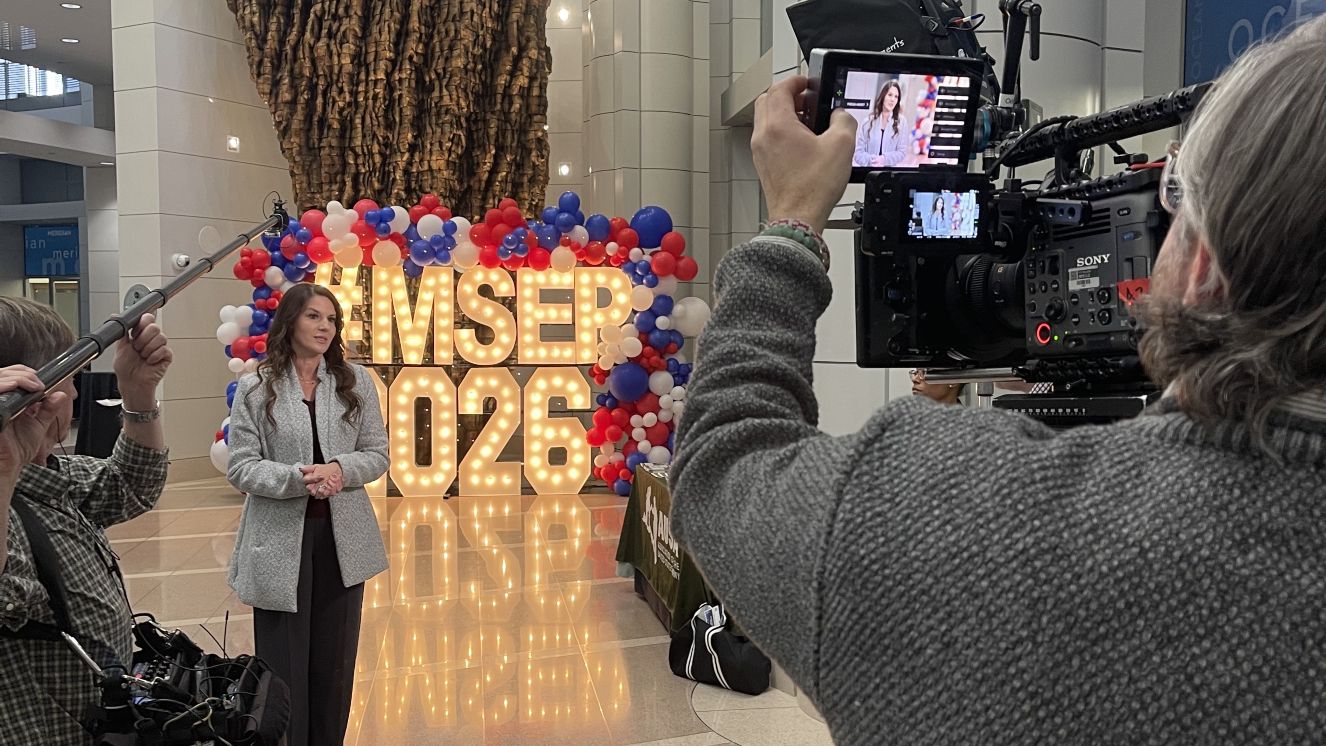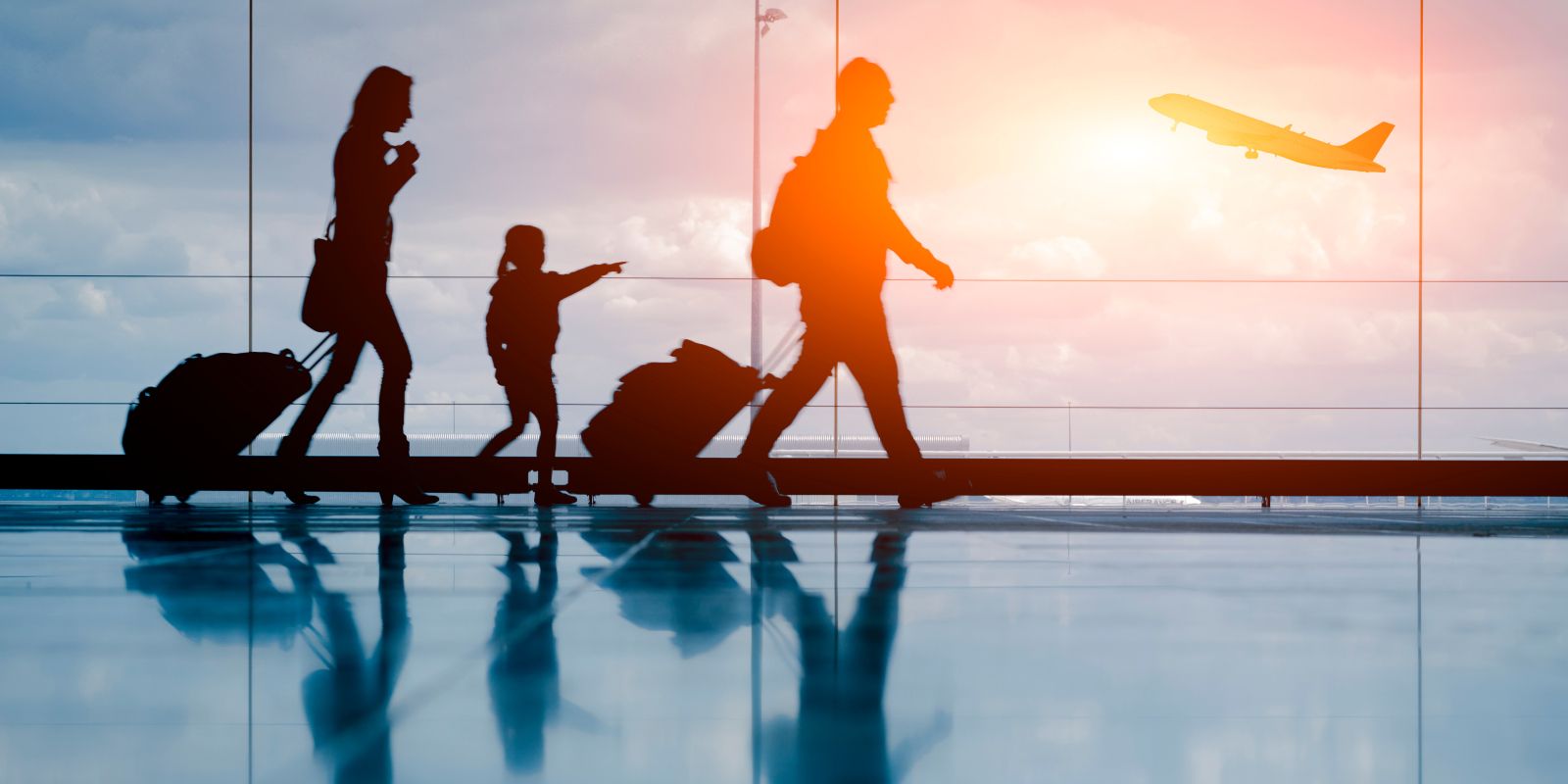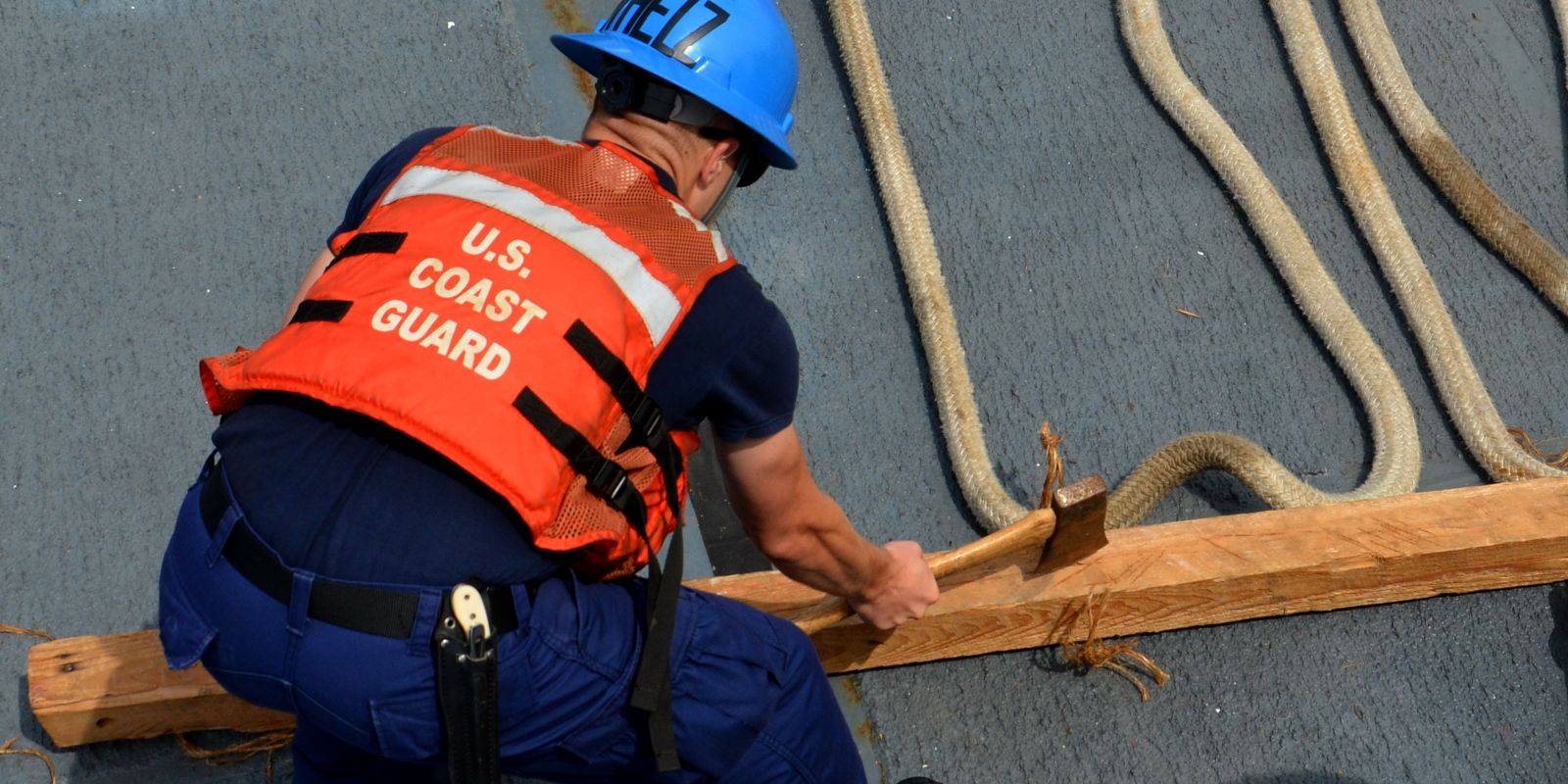WTC HEALTH PROGRAM CUTS IMPACT 9/11 RESPONDERS & MILSPOUSES
COMMENT
SHARE

ADVERTISEMENT
The United States changed in a substantial way ever since the fateful events of 9/11. On that day, in the midst of an unthinkable tragedy, first responders rushed into action, knowingly putting their lives at risk to help save those affected by the terrorist attack. The World Trade Center (WTC) Health Program helps survivors and the heroes who helped that day receive much-needed healthcare services; however, it’s now being stripped as President Donald Trump and Elon Musk continue to cut government spending.
World Trade Center Health Program Overview
The World Trade Center (WTC) Health Program is available to people affected by the infamous terrorist attack. Both survivors and responders alike can receive healthcare for conditions directly tied to the attack on 9/11—this includes NYC but also extends to The Pentagon and Shanksville, Pennsylvania.
The James Zadroga 9/11 Health and Compensation Act of 2010 is what makes this all possible. This legislation provides the legal framework for the existence of the WTC Health Program, providing funding through 2090.
Because it’s under the operation of the CDC’s National Institute for Occupational Safety and Health (NIOSH), both are closely tied together.
Anyone who qualifies can receive healthcare services; however, it’s not for everything.
If you have a cold or sprain your ankle, the program won’t help but through the Clinical Centers of Excellence in New York and its nationwide provider network, conditions connected to 9/11 are covered.
While this allows for healthcare access nationwide, there are no options for those outside of the U.S. or its territories.
Nobody Prepared You for Military Life
But we can help. Join over 100k spouses already getting the advice, resources, and military tea they need to thrive.
Importance of WTC Health Program for 9/11 Responders
Even though 125,000+ people use the program, one of its main functions includes getting more people involved to take advantage.
This is because around 400,000 people could qualify, due to their exposure to toxins, along with other physical and mental health conditions caused by the terrorist attack.
So far, two times as many people have died due to exposures stemming from 9/11 than the actual attacks themselves.
Data from the 9/11 World Trade Center Health Program data shows nearly 70 cancers and other medical conditions are linked to the toxins that were released due to the attack.
Trump is Cutting the CDC
Despite the highlight of the importance of healthcare and disease prevention in the last several years, the CDC is being cut just like many other federal government programs.
Elon Musk’s Department of Government Efficiency (DOGE) continues to push for more and more layoffs, which thousands of federal workers have already felt the effects of.
As a result, many useful programs are also dealing with cuts, including the WTC Health Program.
Lawmakers, ex-workers, and communities at large are pushing back fearing heroes and survivors will receive worse care at the expense of politics.
Impact of WTC Health Program Cuts on Military Families
It’s difficult to say exactly how many milspouses work within the WTC Health Program; however, some families are already being negatively impacted.
Despite collecting around $1.7 billion for the program in recent years, cuts are here and threaten to prevent those who deserve healthcare from getting the services that are rightfully theirs.
Making things worse, the program could have received more permanent funding due to a bill in December 2024, which failed to pass, contributing to some of its ongoing financial issues.
Milspouses have already reported being affected by the cuts, including Rachael Shaw, who is now taking legal action due to layoffs by the Trump administration.
In an interview with WUSA9, Shaw, a probationary employee who worked with the CDC for a year and a half, spoke about the impact this decision has on her and her husband’s future.
Despite thinking she had found her calling, Shaw feels betrayed by the current administration’s decision to cut her job when she saw first-hand the help provided to Americans who deserve access to healthcare.
Furthermore, Shaw mentioned how her husband could make more money in his role outside of the military, but both believed serving their country in these ways was worth the pay cut—a sentiment they are now rethinking.
Cuts to initiatives, like the WTC Health Program, have a direct impact on Americans and are a reminder of how such policies are often felt throughout the military community.
Suggested reads:
Join the Conversation
BY BUDDY BLOUIN
BY BUDDY BLOUIN
Buddy Blouin is a Contributing Writer at VeteranLife.com
ADVERTISEMENT
ADVERTISEMENT




